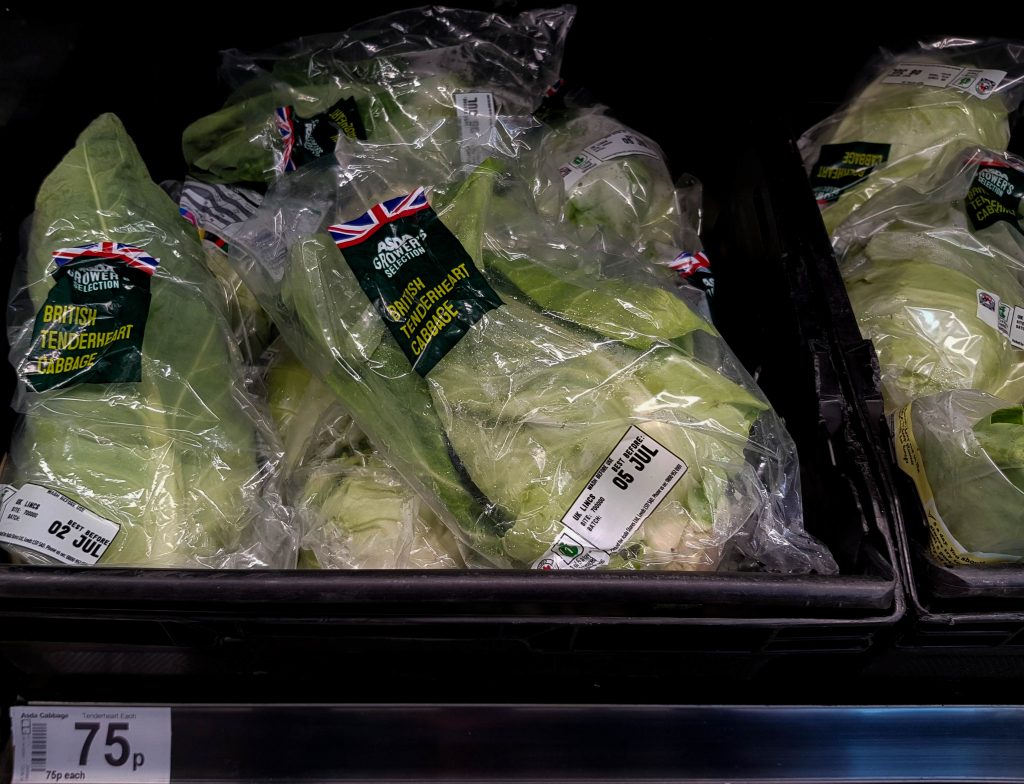Imagine you’re abroad, you’re ravenous, the only menu is in [a language that appears as decipherable to you as Wingdings], the only language spoken at the restaurant is a series of mere sounds as far as you can comprehend, this is the only restaurant around and there is no WiFi or 4G. What do you do: point and hope? Try repeating a common English food, like “chips”, hoping desperately its meaning is universal? Ignore your stomach’s pleas for sustenance and abandon food for the day?
My default is to point and hope, uttering a few hopeful English words, “chicken?”, “fish?” just in case. Overall, with 1 being inedible, 5 being the most lucky/delicious random selection possible and everything in between being a variation on “interesting”, I’ve had a 1 (in Germany, would you believe, beautiful German rye bread rendered inedible by a generous, oily slathering of *shudder* lard) and amongst the 2s and 3s there have been some meat of unknown source (Astana/Nur-Sultan, Kazakhstan) and what could have been a 5 for the freshness and variety of the fish and shellfish were it not that the most fiery, vicious, potent, painful soup base imaginable ruined, if not actually killed, the fish (Gunsan, South Korea).
In the UK, I find myself increasingly confronted by ingredients-unknown on menus. Sometimes I will ignore unknown dishes or ingredients and order something I’m familiar with. Sometimes I will happily ask what the ingredient is and determine my menu choice accordingly. Sometimes I want to seem cool and all-knowing so just order anyway, desperately hoping the mystery ingredient will be the most delicious and covetable thing on anyone’s plate. The latter, sadly, can fall flat if your pronunciation of the mystery ingredient is corrected by a, usually, hipper and younger waiter/waitress. It’s a slightly different process to the Brit abroad scenario, with less potential for lard perhaps, but with both there is a sense of anticipation and curiosity, something I love about food. When I’m in the right mood.
I recently opted for the “yeah, I’m cool, I so know what it is” approach to ordering with hispi. I didn’t have a blinkin’ clue what it was. The problem was, I was in Brighton in a cool, hip, expensive restaurant where pretty much every dish contained at least something unknown (a fine line between unknown and pretentious in this case). As the emphasis was on fresh, local and British, I thought I’d be fairly safe to pick dishes with at least one component I liked.
Hispi, it transpires, is cabbage, what I have long known as sweetheart or tenderheart cabbage (currently, as in the photo, 75p in Asda). In order to look cool and on-trend, I spent a tenner. On cabbage. It was very nice, though so it should have been for that price, but it did make me realise how gullible we can be in the UK, that buying something exotic-sounding at a premium price makes us feel like a connoisseur. Had I ordered it as a point-and-hope dish abroad, I’d have felt delighted to be presented with cabbage. Maybe the moral to this hispi-based story is to ask for ingredient-clarification when you have the language skills to do so and save the Russian roulette element for eating out abroad.
